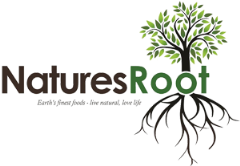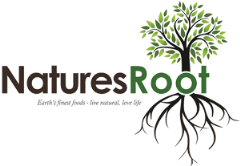Lion's mane mushroom (Hericium erinaceus) is a type of edible mushroom that is native to North America, Europe, and Asia. It has a long history of use in traditional Chinese medicine, and is known for its medicinal properties and potential health benefits. Some of the reported benefits of lion's mane mushroom include improving cognitive function, reducing inflammation, and boosting the immune system.
In traditional Chinese medicine, lion's mane mushroom is believed to have a number of medicinal properties, including the ability to tonify the yin and yang, nourish the blood and vital essence, and support the digestive system. It is typically used to treat digestive disorders, fatigue, and weakness.
The typical use of lion's mane mushroom powder is as a dietary supplement. It can be consumed in capsules or added to food and drinks. Some people also use it topically in the form of a cream or ointment.
The active constituents of lion's mane mushroom include hericystin, hericystinin, hericystinine, and hericystininin. These compounds have been shown to have antioxidant, anti-inflammatory, and immune-boosting properties.
There is some scientific evidence to support the use of lion's mane mushroom for a variety of health conditions, although more research is needed to fully understand its potential benefits and risks. As with any dietary supplement, it is important to talk to a healthcare provider before adding lion's mane mushroom to your diet.
![]()
![]()




